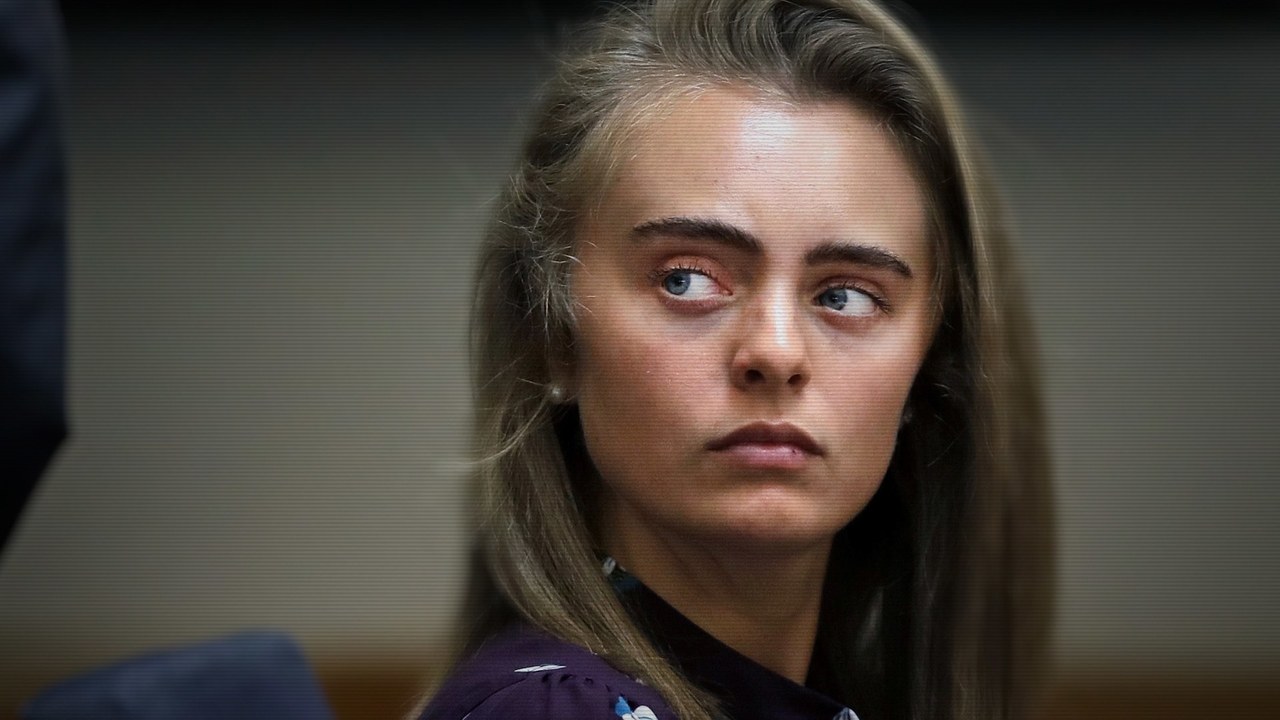Erin Lee Carr Released Two Documentaries and a Book in the Past Six Months. Here's How She Did It

It’s my personality to take on more things. I was already working on another gymnastics film when that story broke, so I knew I needed to include Larry Nassar.
Do you remember where you were when you first heard about Michelle Carter?
I’m always researching things that are crime and Internet related—that’s basically my sweet spot—and so I think it was a Washington Post headline and it had the text, “It’s now or never,” that Michelle Carter sent to Conrad Roy [her boyfriend]. And those small words strung together led me to the bigger story. I immediately started reaching out to people involved with the case.
How is writing a book similar to or different from writing a documentary?
Filmmaking is collaborative and writing is lonely. I was alone with my thoughts, day after day. I’d written short pieces before but nothing of the order of 75,000 words.
Your dad’s memoir, The Night of the Gun, told the story of his own life from the perspective of a reporter. Did you approach All That You Leave Behind the same way?
I had emails and text messages and voicemails that have a timestamp and could tell me the time and place and help with my memory, but I chose not to continue the same reporting style as The Night of the Gun, one, because I didn’t want to do a repeat and, two, because my dad is an incredible investigative reporter and I knew if I tried to do anything like that, wouldn’t be successful. I always use the present tense to describe him since he’s part of my every day. I involve him in my life and think about him all the time.
The book is a roadmap through your grief and struggles with addiction. What was it like to write about such personal subjects layered on top of losing your dad?
When we talk about early recovery, there’s this thought of, “Don’t talk about it, you can’t write about this until you’re 5, ten, fifteen years in to make sure it’s real.” To mention your sobriety is to break the rules. But given that my father was the one who said, “You have a problem,” I thought it made a lot of sense to include in the book. I knew I was going to be writing about things that were pretty embarrassing, and I didn’t want anyone who’s paying me large sums of money to do a documentary to wonder if I’m trustworthy. So I checked in with some of my dad’s creative consiglieres and I said, “Am I going to hurt my chances of continuing the job I love?” The answer was no. Luckily we live in a society that values honesty and recovery.
What’s the hardest interview you’ve ever done?
